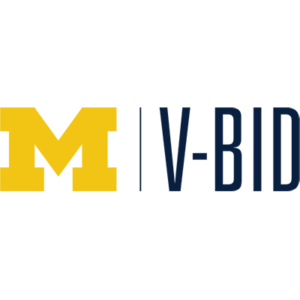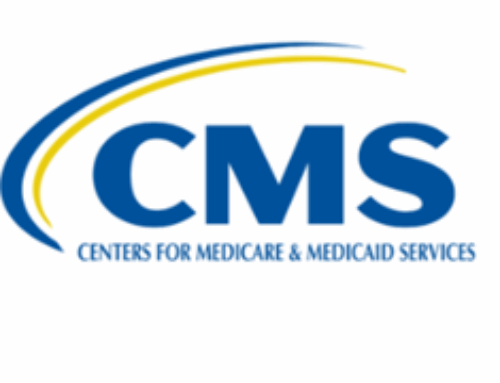

V-BID Elements in Build Back Better Act passed by House of Representatives
The U.S. House of Representatives has passed H.R. 5376, widely known as the Build Back Better Act, which allocates funds to combat climate change, bolster the U.S. social safety net, and expand healthcare. The bill promotes elements of value-based insurance design, including pre-deductible coverage and cost sharing cap of $35 month on selected insulin products, a $2,000/year cap and even monthly distribution of out-of-pocket costs for Medicare beneficiaries, and the removal of co-pays for vaccines under Medicare Part D as recommended by ACIP. Read more here.
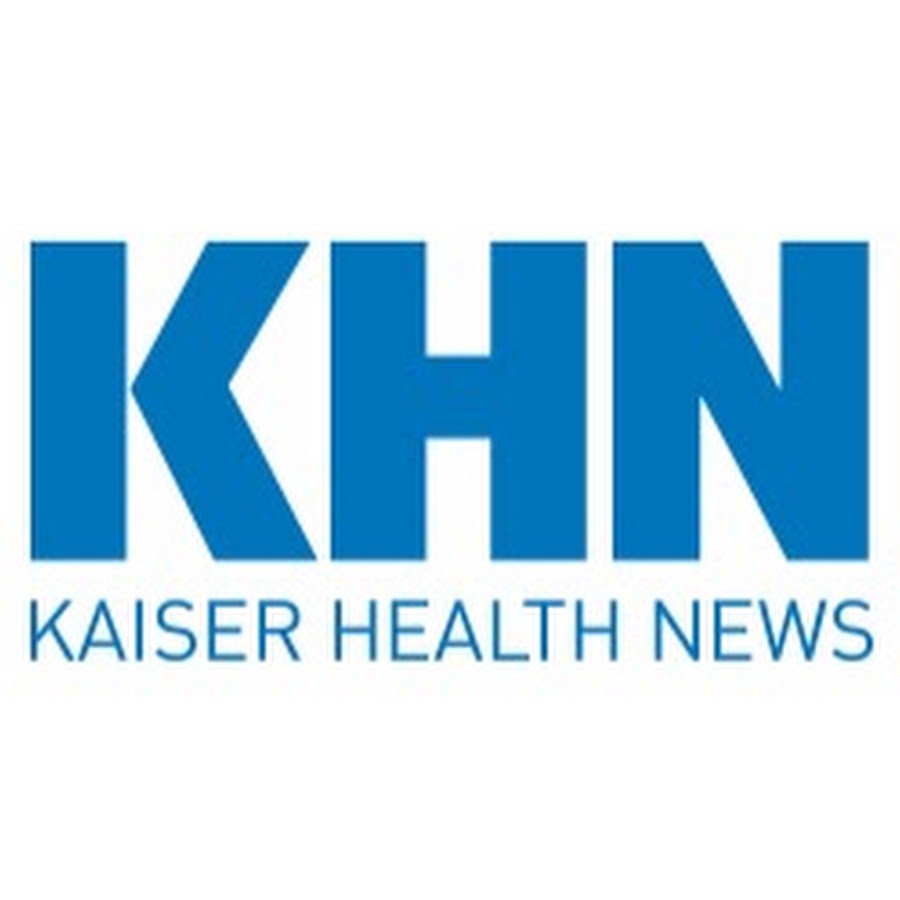
Your Out-of-Pocket Health Care Costs Need Not Be a Mystery
A new California law, SB 368, encourages greater transparency about patients’ out-of-pocket costs by requiring health plans to send updates for every month in which the patient has received care. Given the continued increase in health plan deductibles, this law is expected to be especially beneficial for those with chronic conditions. Read more here.
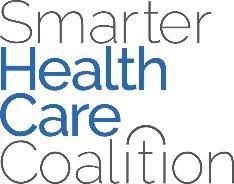
Smarter Health Care Coalition Sends Letter to Treasury and IRS Regarding Notice 2019-45
IRS Notice 2019-45, which allows health savings account-eligible high-deductible health plans to cover specified medications and services used to treat chronic diseases prior to meeting the plan deductible, has received an overwhelmingly positive response from healthcare stakeholders. The Smarter Health Care Coalition has called for an expansion of the list of items and services that may be covered under the preventive care safe harbor to include additional high-value, low-cost drugs and services used to prevent complications of other chronic conditions.

California State Law Removes Barriers to Colorectal Cancer Screening
Know someone who would benefit from the V-BID Center Updates? Please forward this message and encourage your colleagues to sign up for our newsletter on our website.


New infographic: Reducing Low-Value Care to Improve Health Equity
A new V-BID Center infographic addresses the fact that Black and Brown patients are at a higher risk of receiving more low-value care when compared to white patients, contributing to disparities in health outcomes. Reducing use of low-value care, starting with services that provide no clinical benefit in particular patient populations, is central to improving health equity. Please learn more about the Center’s efforts to measure and reduce low-value care.

How Healthcare Payers Can Expand Nutrition Support for the Food Insecure
The COVID-19 pandemic saw a 30% increase in food insecurity in the U.S. in 2020, which has resulted in exacerbated medical conditions affected by diet, including chronic diseases. Healthcare payers can mitigate these effects through benefit design, quantifying need, partnering with nutrition providers, and measuring outcomes. Read more here.

CMMI Launches Health Equity Webinar Series
The Centers for Medicare and Medicaid Services Innovation Center has launched a new health equity webinar series targeting Medicare Advantage Organization (MAO) participants in the Value-Based Insurance Design (V-BID) Model. The series will focus on addressing health inequity, structuring plan benefits for the greatest impact on underserved communities, and partnership opportunities with CMMI. The slide deck, transcript, and audio recording of Session 1: VBID Health Equity Business Case for MAOs, is available on the V-BID Model website.


High Cost, Low Access Still Plague Insulin Market at 100-Year Anniversary
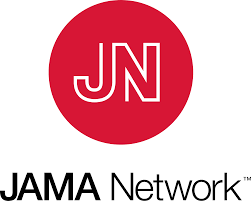
Accuracy of Physician Estimates of Out-of-Pocket Costs for Medications
As out-of-pocket payments continue to rise, many patients look to their physicians to help navigate costs and coverage. However, a JAMA study found that only 21% of surveyed physicians could accurately estimate out-of-pocket drug costs using information about the drug’s price and an insurance plan’s cost-sharing mechanisms. The authors suggest that increased price transparency and simpler cost-sharing mechanisms are needed. Read more here.

The 2021 Medicare Advantage Hospice Carve-In
A recently released JAMA Viewpoint breaks down possible benefits and harmful outcomes associated with the traditional “carve-out approach” to hospice benefits in MA plans. Authors state that though Medicare Advantage plans are incentivized to reduce the costs of care, CMS should ensure that they are appropriately incentivized to deliver high-quality care at the end of life. The 2021 MA V-BID model, in which hospice services are paid for and overseen by Medicare Advantage, abandons the existing carve-out approach. Read the full article here.


Americans Skipping Food, Rent, Christmas Presents to Afford Healthcare: Survey
HealthCareInsider’s annual health finance survey reveals that Americans continue to struggle to afford health care. Key findings from the survey include:
- 17% skipped paying for food to pay for healthcare
- 43% have less than $500 to pay medical bills
- 44% avoided seeking medical services in the past year
- 46% have medical debts
- 51% received a surprise medical bill in the last year
Read the full article here.
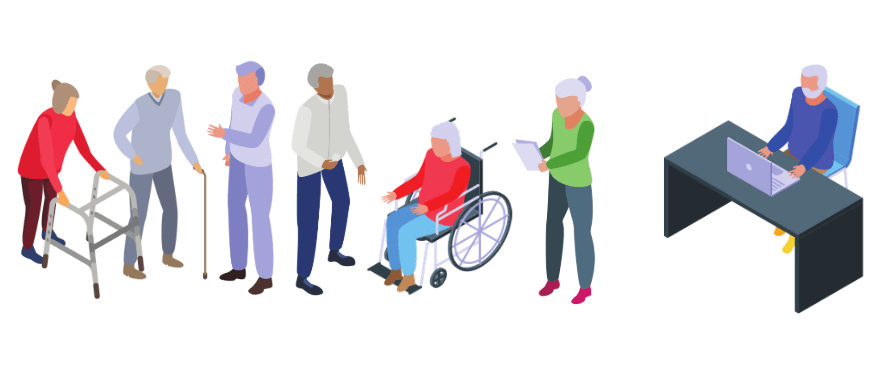
1 in 7 Medicare Enrollees Had to Return to Work to Cover Healthcare Costs
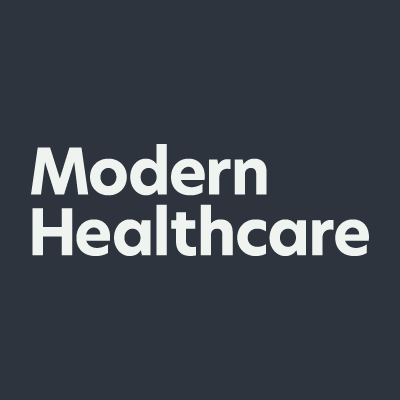
13M People Delayed or Didn't Fill Prescription Drugs Pre-Pandemic
ccording to 2018 and 2019 data, a new survey has shown that 10% of uninsured adults reported unmet prescription drug needs, compared with 4.9% of Medicare beneficiaries, 3% of privately insured adults and 5.6% of nonelderly adults with Medicaid. While cost-sharing rose during the pandemic, medication adherence continued to decline. Women, people with low incomes, and those with multiple chronic health conditions were most likely to forgo medication. Read more here.

Out-of-pocket Costs May Play Larger Role in Telehealth Visits Than In-person Care: Survey
A recently released survey by the RAND Corporation aimed to assess the effect of increased out-of-pocket costs on patient preference for telehealth versus in-person care. When the hypothetical cost of a telehealth appointment rose by $20, nearly 62% of respondents who initially preferred video visits said they’d rather have an in-person visit instead. Only 24% of people who preferred in-person care said they’d switch to a video visit when presented with a higher out-of-pocket cost. Read more here.
Please Help Support the V-BID Center
As a non-profit entity, the V-BID Center relies on fundraising to support our research, education, and policy efforts. Please help us continue our work by donating here. We truly appreciate your consideration.


